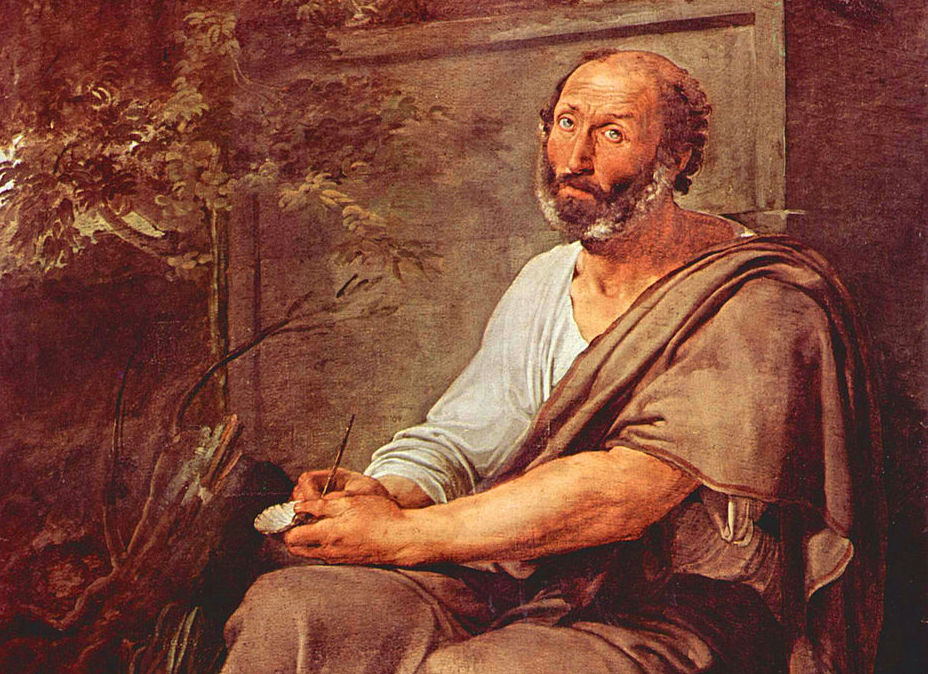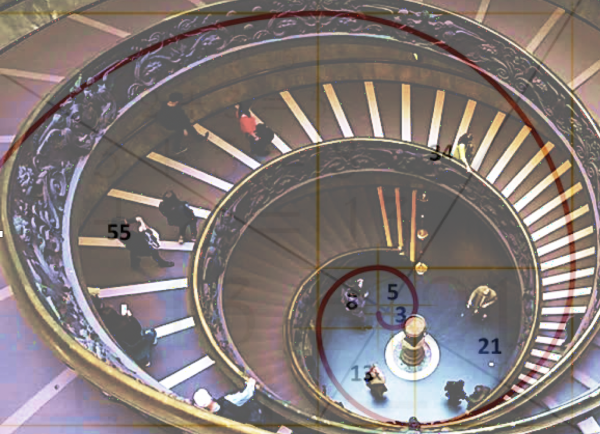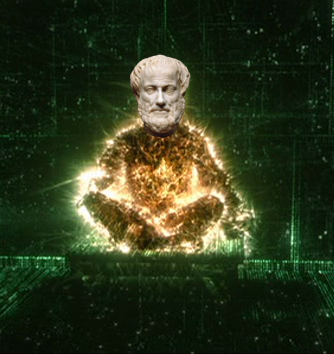The foundational truths are written into our experience. We just have to remember them.
The Soul of Aristotle

Notes on nature’s means to nature’s ends.
I thank Professor McBrayer for his thoughtful reading of my essay and his kind remarks. It is gratifying to engage with someone who reflects on these questions seriously.
Unfortunately, since I wrote the essay I’ve embarked on a project that has a tight deadline. Therefore, I can only respond to a few specific points, mainly on textual interpretation.
First, a quick aside on the question of why Aristotle. McBrayer questions whether “the framers took their understanding of nature from Aristotle’s natural science,” and if it would “make more sense to turn to modern thinkers.” I’m only minimally interested in where the framers got their ideas. They believed that humans are directed to certain fixed ends (“safety and happiness”) determined by nature. My essay was concerned with whether that view is true. Since this idea of natural ends finds its clearest exposition in Aristotle, that’s where I looked.
It makes no difference, for this purpose, whether Aristotle is ancient or modern. There is no ancient truth and modern truth. That’s historicism—an idea my teacher and his teacher rejected.
Now, on to some specific points:
– Aristotle does not say that natural ends are represented by man-made artifacts. In fact, he is explicit that when he uses examples of beds, houses, etc. he wants merely to illustrate his argument about causality. Properly speaking, only natural substances (living organisms) exhibit natural causes. One should not limit oneself here to the Physics. Aristotle’s biological works—especially Book I of Parts of Animals—contain crucial elaborations. *
– It was an error for me to mention collies and beagles, which are indeed breeds cultivated by human artifice. I could, and should, have said, e.g., termites and blue whales. The point is that notwithstanding dogs, chickens, cows and a few other species, 99.9% of all living organisms have not been manipulated by human artifice, and these all have a nature distinctive to themselves, independent of what is good or useful for us.
– Professor McBrayer asks if I agree with Aristotle that all plants and animals have a soul. Of course I do. Doesn’t he? Aristotle defines the soul as an internal principle of motion—i.e., those self-initiated activities that every organism deploys to obtain nutrition, maintain somatic integrity, reproduce, etc. This understanding of life as self-motion is entirely compatible with modern biology, and I’m puzzled that anyone would question it. (Viruses are irrelevant; Aristotle was well aware of marginal cases. See De Anima 413a20-25, Generation of Animals 731a-b.)
– The famous rainfall discussion in Physics 8 has occasioned substantial scholarly debate, but I always thought the proponents of the “teleological rain” argument foundered on the implausible implications of causation. How could planting seeds in a field cause rain? By what mechanism? There is no other example of a final cause wholly detached from material, efficient, and formal causes. Aristotle was not a mystic. (See asterisk below.)
– As for Alfarabi’s point about vipers and weeds undermining the idea of cosmic teleology: Why stop there? Scorpions, sharks, lightening, malaria, trans fats, and many other natural phenomena pose dangers to man. So what? Aristotle’s cosmos was not anthropocentric. Since he didn’t think the world exists for the sake of humans, it is hardly surprising that that the world contains things that can harm us. This did pose a problem for Alfarabi (and Maimonides and Aquinas) who needed to reconcile Aristotle with the idea of a human-centric world created by a benevolent God. But either way, this has no bearing on the argument about natural right, which depends only on recognizing that man has a nature, and a completion or fulfillment arising from that nature—regardless of whether or not the universe was created. (By the way, even if one removed every external danger from the world, there would still be the potential for evil inside the soul of every imperfect human. So the “problem” of vipers and weeds is doubly irrelevant to natural right.)
Again, on account of time constraints, I simply cannot address the many important points raised by McBrayer about the meaning of the Declaration of Independence. The able Joey Barretta, however, had a few things to say.
*There are several commentaries on this passage that nicely highlight the difference between the necessity and chance that guide inanimate matter, and the end-directed, inwardly generated motion of living thing. Allan Gotthelf: “The natural motions and changes of the simple bodies (earth, water, air, fire) when outside a living organism are not for the sake of anything. While these motions and changes are to (eis) a place or quality—very infrequently called a telos—they are not, and are never said to be, for the sake of anything (eneka ton). The latter concept is reserved for those processes of complex entities which are not reducible to element potentials.” (“Aristotle’s Conception of Final Causality,” Review of Metaphysics, Vol. 30, No. 2, Dec. 1976). Joe Sachs: “Like everything else in nature, rain is an activity for the sake of an end, but the end is the maintenance of the cosmos.” (Aristotle’s Physics: A Guided Study, Rutgers University Press, 2005). Margaret M. Scharle: “… Aristotle explicitly denies that the elements are self-movers and thereby denies that their nature is an efficient cause of their movements. Unlike self-moving living things, the elements, qua things that have a nature, do not have a source of moving (an arche ton kinein) but a source of suffering [being acted upon] (an arche ton paskein, 255B31).” (“Elemental Teleology in Aristotle’s Physics II.8,” Oxford Studies in Ancient Philosophy (34) 2008).
The American Mind presents a range of perspectives. Views are writers’ own and do not necessarily represent those of The Claremont Institute.
The American Mind is a publication of the Claremont Institute, a non-profit 501(c)(3) organization, dedicated to restoring the principles of the American Founding to their rightful, preeminent authority in our national life. Interested in supporting our work? Gifts to the Claremont Institute are tax-deductible.
What is the Bedrock of Being? (A Reply to Alex Priou.)
Must the natural scientist become a political philosopher?
A Response to Glenn Ellmers and J. Eric Wise
What If Rights Have Gone Extinct?
There is no logical way to dismantle the foundations of logic.






